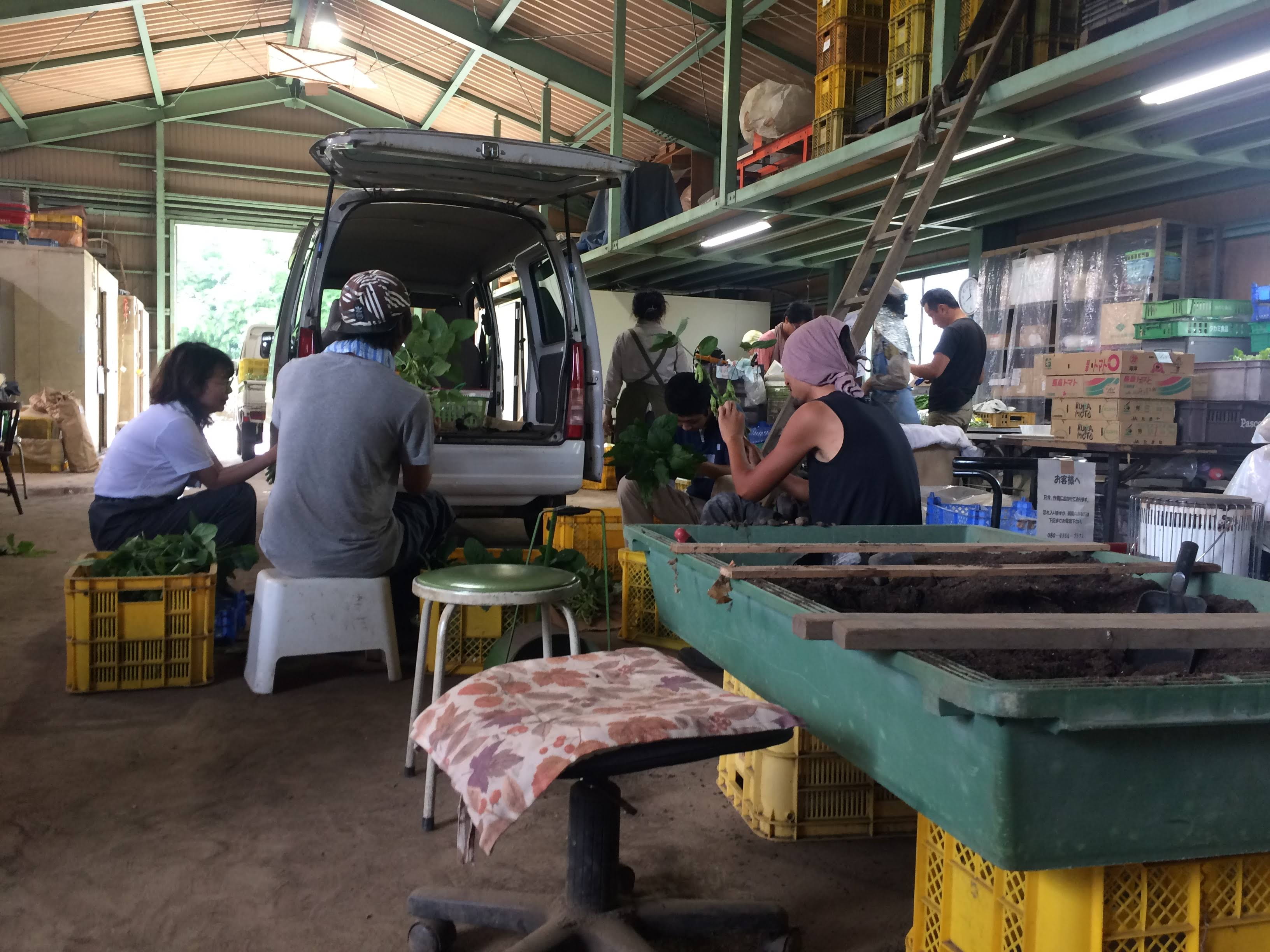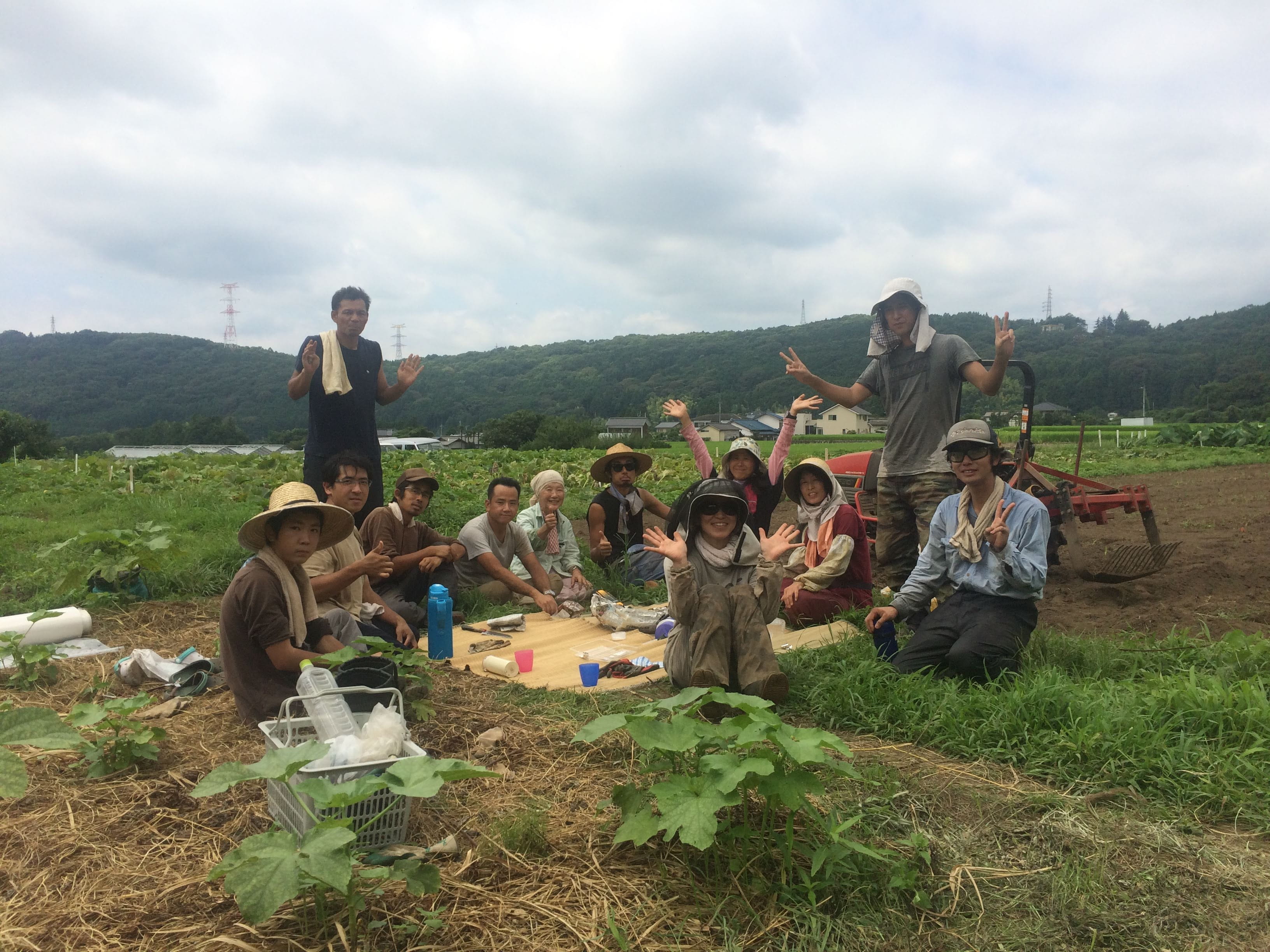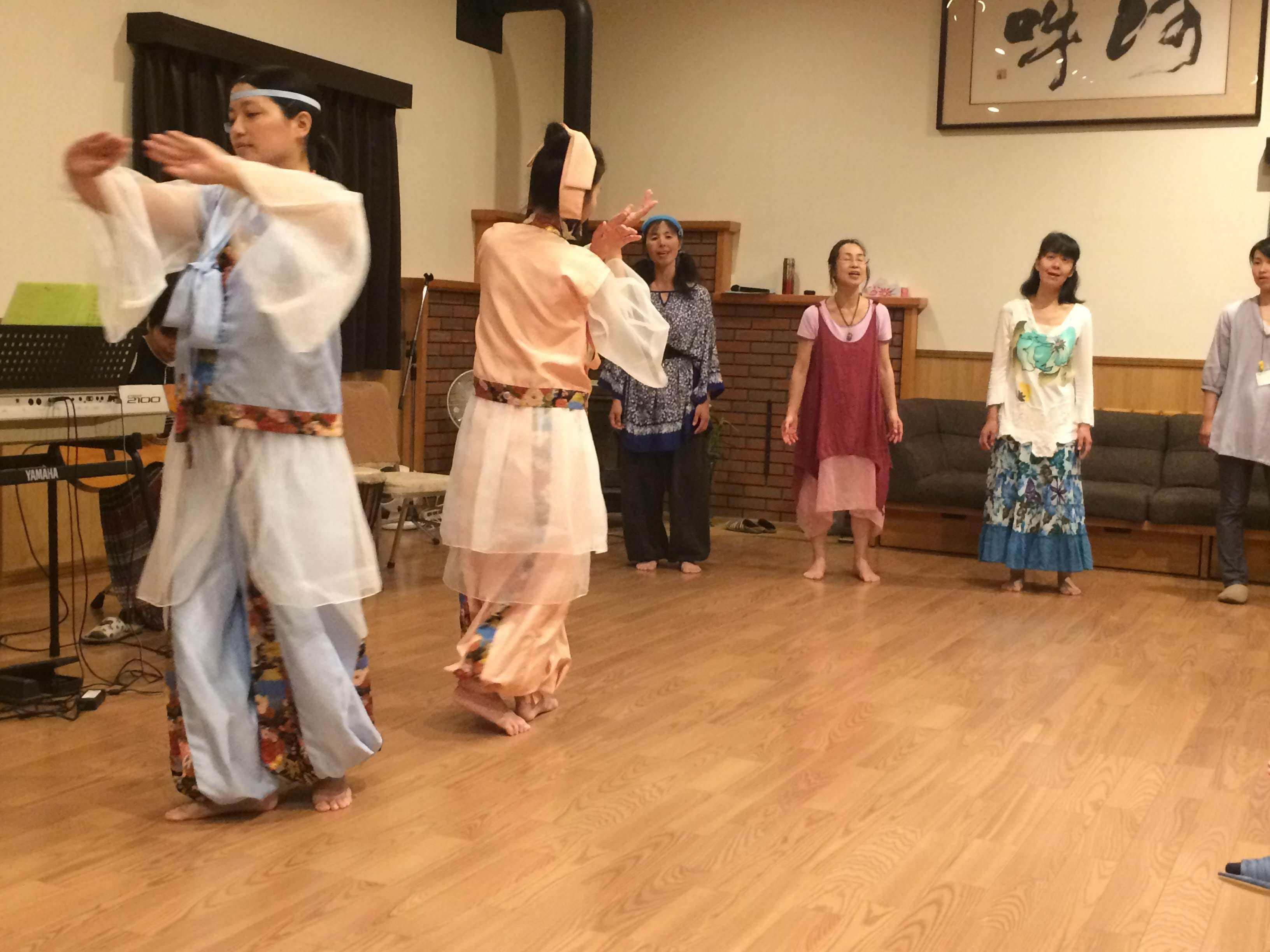It has been an extraordinarily eventful last few weeks. I finished my time in Tokyo, made my way to Fujinomiya, and, as of today, have been living and working with the Konohana Family for two weeks.
Wait, but Boden, if you’ve been doing all these exciting things, why haven’t you been posting about them?!?”
Great question, and the answer is two fold.
First, I think up until now I have felt that my blog posts needed to be ‘complete’ products. I was focussing a lot on editing and phrasing, ensuring my reflections and insights could be easily consumed by readers, and hoping that each post could stand alone as an autonomous piece of creativity. In an ideal world, I would have continued doing this. Unfortunately, I got swept up in the chaos of leaving Tokyo and as my thoughts became increasingly convoluted, I just kept putting off writing a post. So when I finally got onto my bus to Fujinomiya I had with me, not a complete well structured blog post, but roughly 4000 words of notes about freeganism and urban intentional communities. Over the last few weeks this 4000 words has become 6000 and then 8000, as living with the Konohana Family gives new perspective to my time in Tokyo.
So to make a long excuse short, here is my attempt to focus less on a ‘complete’ product, instead using this platform to document and process.
Now we come to the second reason I haven’t been writing: Carrot Harvest, Heat Stroke, and A Missed Typhoon.
Carrot Harvest
Agriculture plays a very important role within the Konohana Family. It provides the economic basis for the community and is deeply intertwined with the family’s spiritual beliefs and practice. Since I arrived I have been working on the ‘field team’, which is a group that manages the many crops that the Konohana grow.
I assumed, somewhat naively, that I would slip easily into my agricultural role and quickly adjust to the work schedule. However, finding sustained energy when working at this pace is still a challenge.
The Konohana Family starts each day at around 6:30am. The members responsible for childcare make sure all 27 children are awake and getting ready for school, the kitchen team starts food preparations to feed at least 89 people each day, and the field team meets at the Nakagomi Warehouse to divide up the daily farm work. From 7am until usually around midnight the community is up and active, working on everything from feeding infants, to accounting, to hosting guests.
I found that after just a few days of living in this rhythm I was really struggling to maintain a positive, supportive, and community-oriented outlook. The busyness of the schedule combined with the physical strain of farm work, meant I had just enough time to sleep, and little to no time to write my blog posts.
Then I experienced a really important turning point. Every evening, after the entire community has been fed, the children have been put to bed, and the washing up is finished, all Konohana members gather for the ‘community meeting’. This is a space for anyone to share logistical, personal, or spiritual information and insight. At times community meetings have a strong focus on spiritual development and growth, at other times they emphasize the social and emotional dynamics of the community or individual members of the community. During one of my first community meetings, it was said that due to the extreme heat and heavy work load it is natural that everyone be experiencing fatigue. The suggestion for combatting this tiredness was that we all further our exploration of, and connection to, the community, for from community we draw energy.
What I loved about this advice was that it was so simple and so practical. The concept of drawing energy or strength from a community isn’t new, in fact it is something we at Yale-NUS speak about often. However, when we refer to drawing energy from a community, we always mean it in very abstract terms. Here at the Konohana Family one draws energy from the community in a direct physical and spiritual way that literally allows you to work harder, therefore bettering the community.
The morning of the carrot harvest stays in my memory as a particularly powerful moment of community energy. The vibrancy of people and their connections was visceral, and the carrots were especially orange.
Heat Stroke
Six days ago we experienced multiple very hot days in a row. This happened to coincide with a massive project to plow and prepare six new fields, a job that requires a lot of manual labor. Once again I naively assumed I could endure the heat easily, but I was sadly mistaken.
I was struck by mild heat stroke about five days ago. For those who have never had heat stroke, it isn’t a very pleasant experience. I was in pretty bad shape for about three days, during which I couldn’t do much but sleep. Fortunately, I have almost made a full recovery.
A Missed Typhoon
Just yesterday, the last day of my heat stroke recovery, a typhoon travelled down Japan. It was set to arrive over Fujinomiya at midnight last night, but for some reason it was no where to be found. Even today we enjoyed the usual warm relatively clear skies.
I bring this up because in my mind, and in the mind of the Konohana Family, these weather patterns are all linked to wider climate shifts. There has been a lot of talk within the community about the heat this summer. It was discovered during the carrot harvest that many were rotten due to the abnormal temperatures. Additionally, the Konohana have, this summer even more than last summer, had to artificially protect their pumpkins from extraordinarily strong UV radiation using newspaper wrapping. The missed typhoon was just another abnormality added to a long list.
It worries me to think that climate change will threaten the livelihood of the Konohana Family, a community that is working so hard to promote compassion and sustainability.
It is a dark note to end on, but one that is needed. It can be so easy to distance ourselves from climate change and natural disaster, but these phenomenon are happening incredibly often and incredibly close to home. 54,000 people were displaced due to flooding in Myanmar in just the last few days. 200 people were killed during the flooding in Japan just a month ago. 48,000 acres burned by wildfires in California in just the last few days. The list goes on.
The Konohana Family has seen and felt climate change in a very visceral way in the last years. There response has been to focus even further on promoting spiritual oneness and connection, for they believe that through changing our minds and communities we can change the world.
We have a lot to learn.




